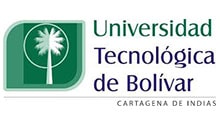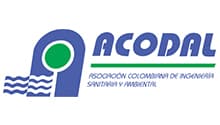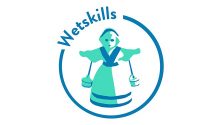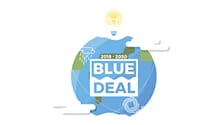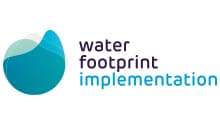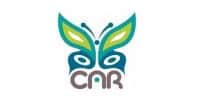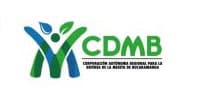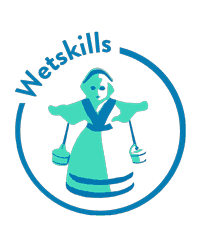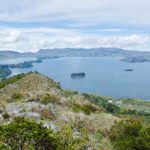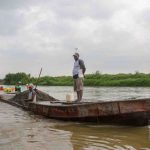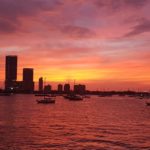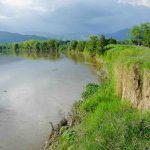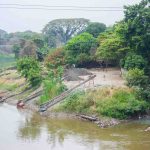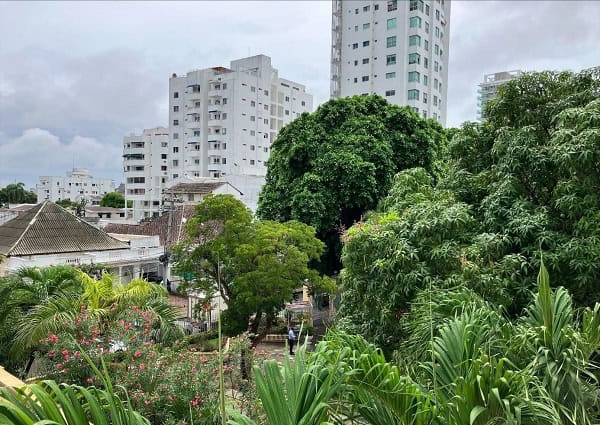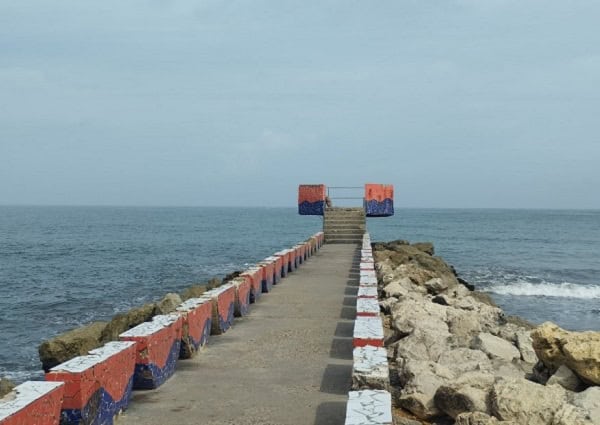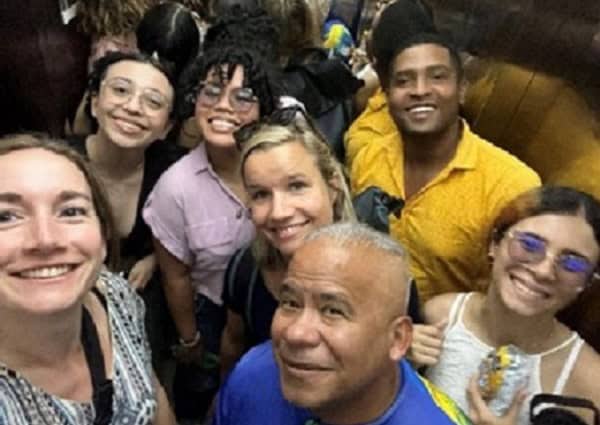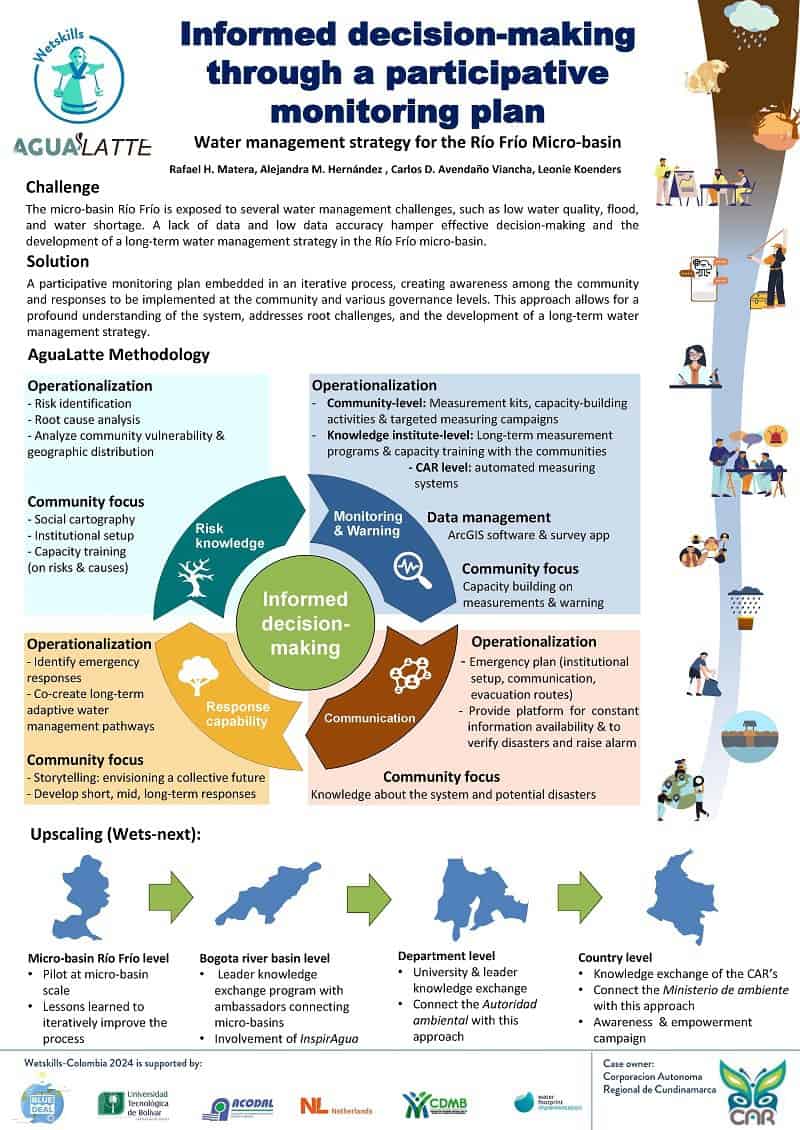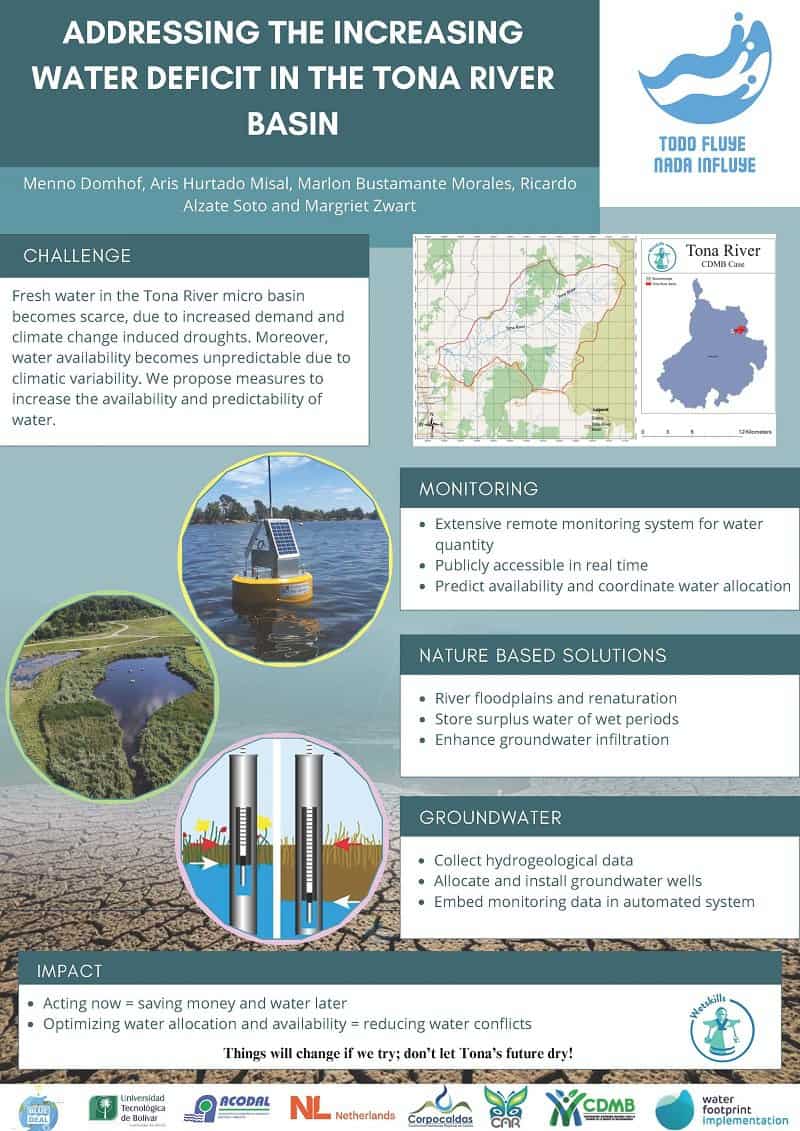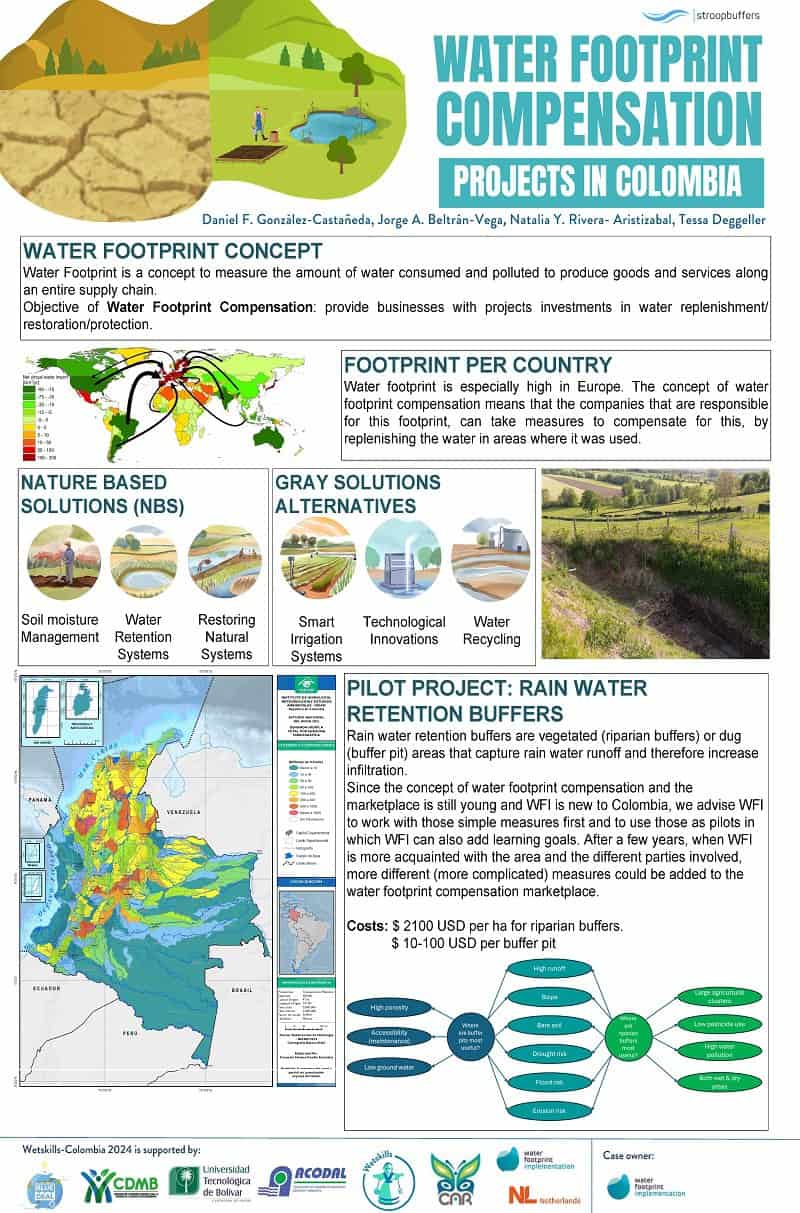
- This event has passed.
Wetskills-Colombia 2024
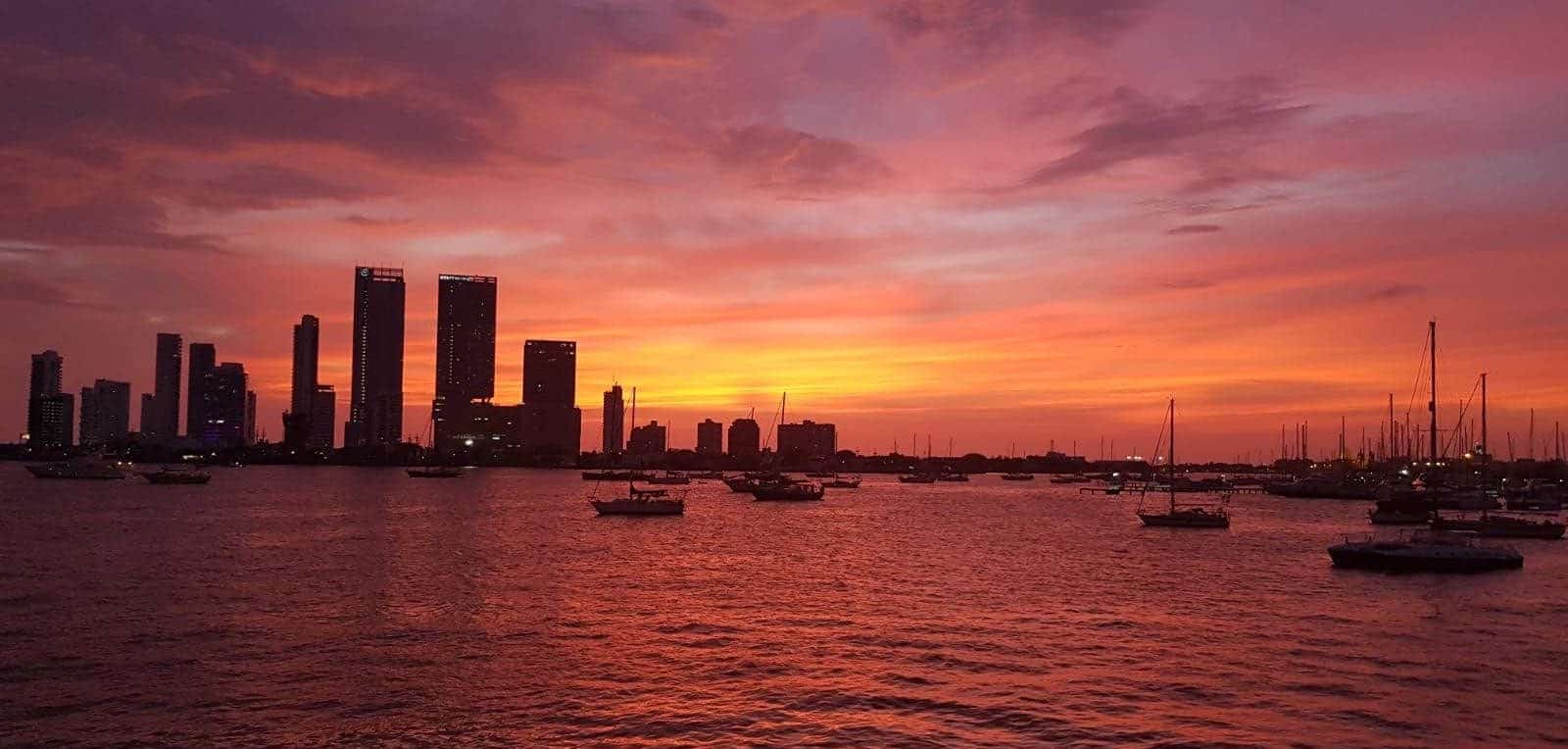

Wetskills back in Colombia!
Young professionals are our future… So why not let them come up with new innovative solutions to cope with current water-related problems? Follow us in this Wetskills event in Colombia!
During the two-weeks Wetskills Challenge, with a pressure cooker program in Cartagena, students and young water professionals with different backgrounds, were working together to find integrated solutions for water-related challenges. The eagerness and energy of the participants was be tested, to come up with the most creative and inspiring solutions and pitches!
Latin American Wetskills edition in Cartagena, Colombia: The historic port city of Cartagena is a unique location to host this event, considering the formidable water challenges it is facing in the coming decades. This edition of Wetskills was hosted by the Universidad Technologica Bolívar and the ACODAL Congress.
The participants were working on water related cases which have been brought in by several Colombian and international organizations in the water-sustainability sector. During these two weeks they were getting an intensive training on out-of-the-box thinking, personal development and presentation skills. Their ultimate goal was to have the best solution and pitch during the ACODAL congress, where they were judged by an international jury of high level experts.
For more information about Wetskills in Colombia, please contact Rosanne Meilink, rosanne.meilink@wetskills.com or Johan Oost, johan.oost@wetskills.com.
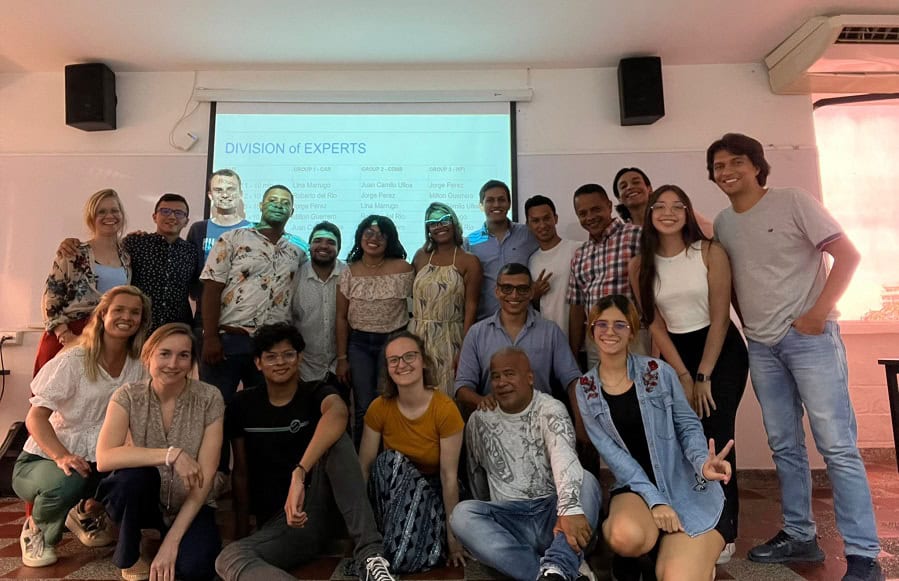
Watch the Event Videos of Wetskills-Colombia 2024 & 2018!
Information

Follow Wetskills
Joining this Wetskills Event – What do you get?
A unique learning experience where you will tackle real-life water challenges with your own team!
- You will develop expertise in international cooperation, problem-solving, cross-cultural understanding, and interdisciplinary teamwork.
- You will hone your networking and presentation abilities through pitch and poster
- You will get the opportunity to connect with other international water students/young professionals.
- You will immerse yourself in the vibrant coastal city of Cartagena, exploring water-related sites and engaging with local water professionals.
- Join the ACODAL Congress (incl. Wetskills Finals & Awarding Ceremony)
- You will learn and deepen your understanding of the Colombian water sector, gaining insights into key stakeholders, organizations, contemporary issues, and existing business opportunities.
- Upon program completion, receive a certificate of participation, officially joining the ranks of over 1300 Wetskills Alumni.
Water in Colombia
Event blogs

Water is the fabric of Cartagena’s culture and society
Wetskills in Wet Environments
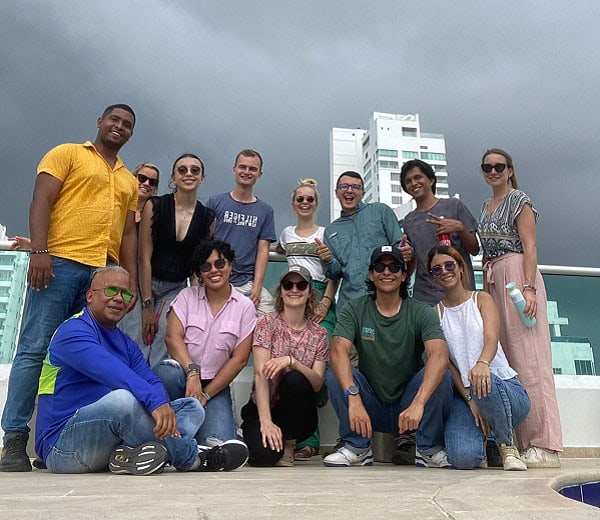
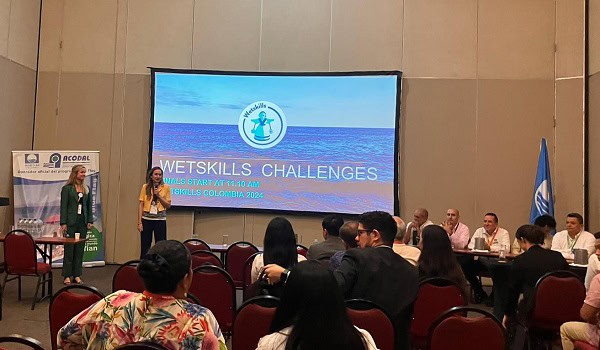
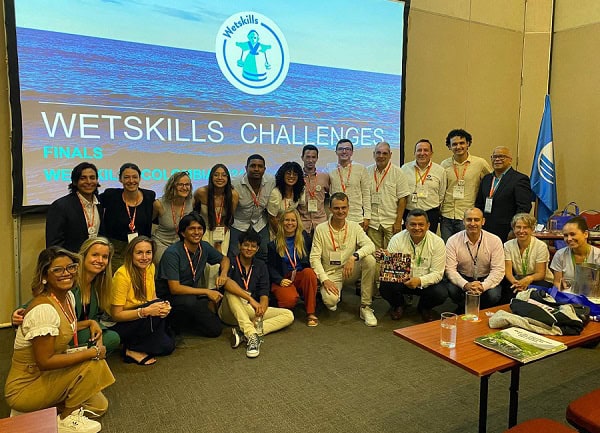
Event Cases

Case 1: Water as social economic growth driver in the Río Frío Microbasin
Case owner: Corporacion Autonoma Regional de Cundinamarca (Blue Deal Colombia Programme)
Colombia is a country with great water potential, but presents different problems with respect to management of water resources. This occurs at the national level, especially in the Magdalena-Cauca hydrographic area, which is the most populated area of the country. Within this area is the Bogota river. Within the basin various productive activities are developed, which are very important for the population, but require the use of hydric resources. In this case, the micro basin of the Río Frio was selected with the objective of generating a strategy for the correct management of the high demand of water resources in the area and its affect to water quality. To solve the problems, the factors affecting the water resource will be identified in order to formulate sustainable alternatives to the use of water.
Case 2: Creating flexible water availability in times of unpredictable droughts in the Tona River
Case owner: Corporación Autónoma Regional para la Defensa de la Meseta de Bucaramanga (Blue Deal Colombia Programme)
The Tona River micro-watershed is located in the northeast of Santander, Colombia, administered by various entities (CDMB), environmental authorities, and municipalities; with a population of 6,680 people. Therefore, the appropriate management of water supply and demand scenarios is necessary to achieve a proper water balance. Climate changes have had a significant impact, with the risk of water shortage for 1,160,272 inhabitants in Bucaramanga and its metropolitan area, as well as the affected strategic ecosystems such as the páramos. Therefore, the analysis of the water balance needs to consider the effects of climate variability and climate change both in the Tona River micro-watershed and in Colombia as a whole.
Case 3: Water Footprint Compensation projects for sustainable water use
Case owner: Water Footprint Implementation (WFI)
In March 2023, Water Footprint Implementation (WFI) successfully launched Water Footprint Compensation during the United Nations Water Conference in New York. Water Footprint Compensation is a concept that implies a water user can mitigate (the negative impacts of) their water consumption by taking action to replenish, restore or protect the water system from which the water has been abstracted. It is based on the principle of a litre for a litre. With Water Footprint Compensation, the aim is to unlock private funding (from compensators, companies that have a compensation request) for local projects to improve sustainable water management options in agriculture. How could the Colombian water sector create local Water Footprint Compensation projects to gain funding for becoming more sustainable in terms of water use?
Event Partners

